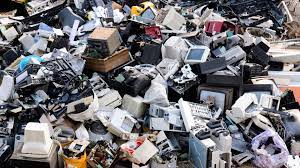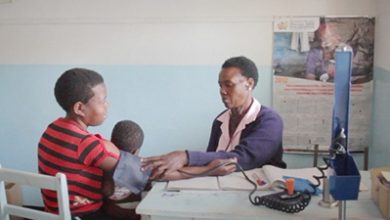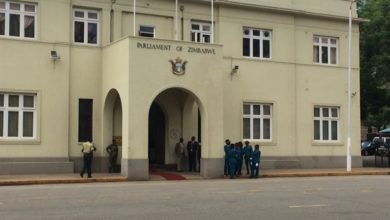Environment activists lobby for E-waste legislation

Environment activists have advocated for the establishment of legal frameworks which enforce the management of electronic waste (E-waste).
This came out during the inaugural National E-Waste conference held virtually on Thursday last week, which was hosted by Matabeleland Institute for Human Rights and Community Podium.
The conference sought to discuss strategies and measures to ensure improved environmental management in Bulawayo as well as to enhance national e-waste management in all communities of Zimbabwe.
E-waste refers to remains of technological materials once used in homes and industries such as laptops, mobile phones, television sets, coffee machines, fridges, old analogue radios and many other electrical gadgets, including plastic waste, generated by developed countries.
Presenting on legal frameworks pertaining to e-waste management, Rodrick Moyo from the Zimbabwe Environmental Law Association (ZELA), bemoaned the absence of legislative measures to govern the management of e-waste in our communities.
Moyo said the existing law on waste only prohibits the discharge of hazardous waste into the environment but does not specifically regulate e-waste.
“Zimbabwe does not have a framework that looks at the management of e-waste specifically. What we have is a general Environmental Management Act. Due to technological advances globally, there has been an increase in the use of electronic gadgets thus resulting in a surge in e-waste,” Moyo said.
“The biggest challenge is that our country is a receiver of most of these products. They are not produced locally, middlemen supply them to the public. It thus becomes difficult to have specific businesses and companies to task with the management of this type of waste. There is need for more than just a policy that focuses on e-waste but a stern Act which will compel businesses and individuals to abide by the law.”
Zimbabwe Human Rights Commission (ZHRC) chairperson of the environmental thematic working group, Commissioner Dr Angeline Guvamombe, implored the civic society and members of the media fraternity to continuously contribute to the e-waste public education campaigns.
She said such efforts will promote social accountability and will encourage businesses to formulate better e-waste handling, disposal and recycling measures.
“E-waste is becoming a major environmental and human risk globally, regionally and locally therefore the need for its management cannot be overemphasised. The mandate of ZHRC is to protect, promote and enforce human and environmental rights. It has eight thematic working groups and one of them is the environmental thematic working group which focuses on environmental justice,” she said.





